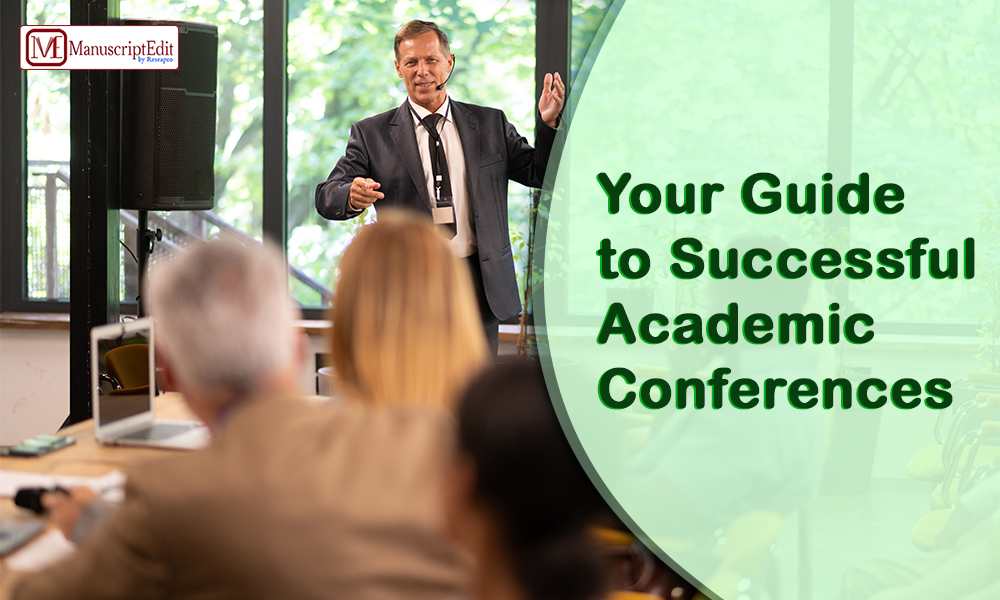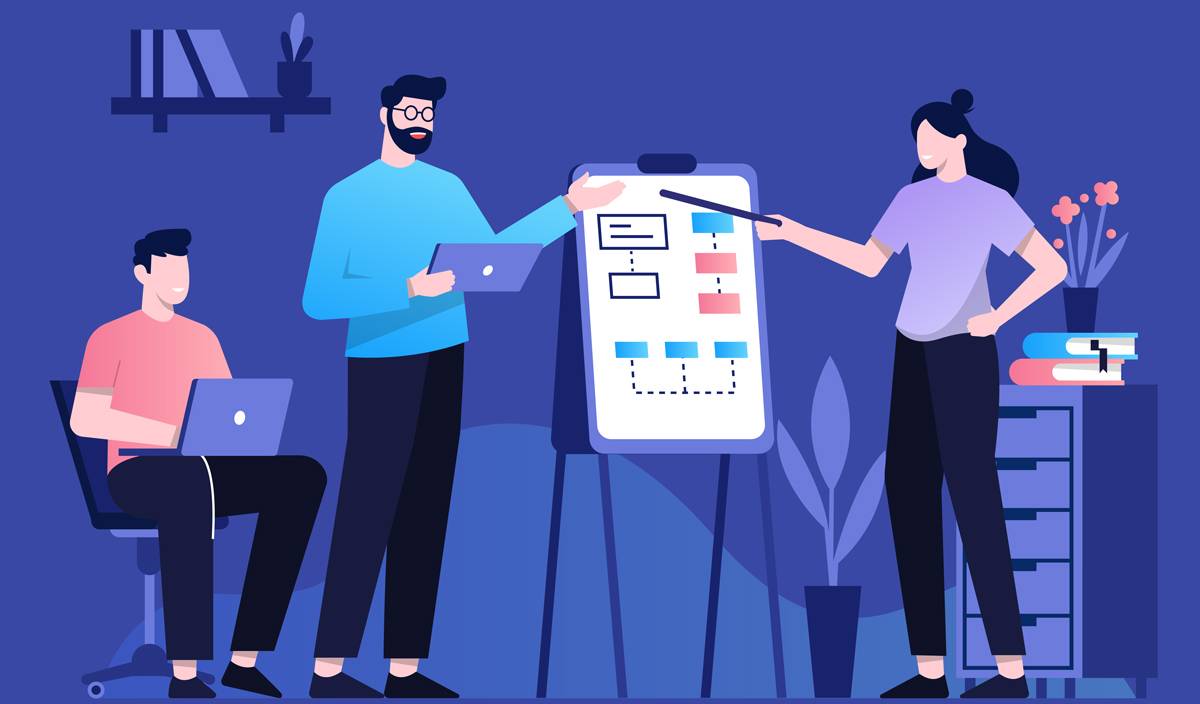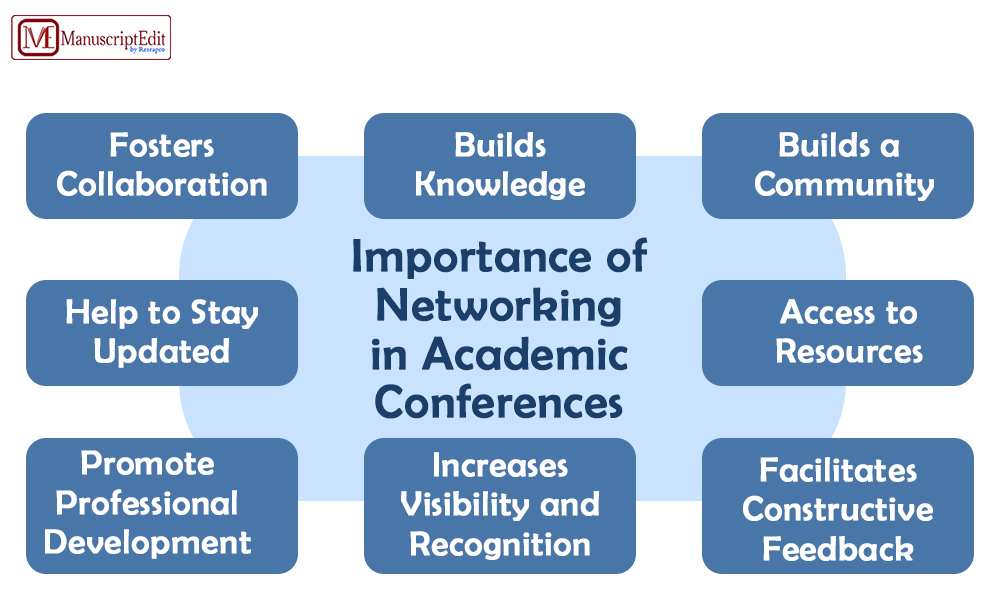
Academic conferences are essential venues for researchers to share ideas, establish partnerships, and remain current with emerging fields of study. To provide attendees with a comprehensive guide, this post strives to maximize conference experiences for personal and professional progress.

Preparation
To get the most out of the conference experience, careful planning is essential before you dive in:
- Examine the conference’s topic: To ensure the conference’s focus and objectives correspond with your goals and interests, make sure you understand them.
- Examine the guidelines for submission and the request for papers: If you intend to present your study, familiarize yourself with the requirements for submitting proposals or abstracts.
- Create an exciting and well-written abstract: Write a brief and easy-to-read synopsis of your findings to draw in conference organizers and prospective attendees.
Networking
Networking at academic conferences is essential for
- Developing contacts with colleagues and subject matter experts
- Learning about new possibilities and research
- Increasing your visibility and professional profile
Using social media to connect with other attendees requires the following:
- Using conference hashtags to engage with speakers and attendees; following and connecting with attendees on academic networking
- Introducing yourself and your research
- Asking questions and demonstrating genuine interest in others’ work
- Exchanging contact information and following up after the conference
- Sharing your conference experience and insights on social media.

Presenting
Careful planning and potent communication techniques are necessary for delivering a presentation that works:
- Some pointers for a presentation that goes well:
- Utilise visual aids like slideshows or diagrams to improve comprehension, rehearse your presentation in advance to guarantee a flawless delivery, and make eye contact with the audience to foster engagement.
- Taking care of attendees’ queries and remarks: Prepare to listen intently to remarks, confidently answer questions, and offer insightful comments.

Attending
Tips for making the most of a conference
- Prepare by reviewing the schedule, identifying important sessions and speakers, and setting priorities for your interests.
- Take notes by actively participating in presentations, summarising essential concepts, and capturing insights and thoughts.
- Participate in Q&A sessions, seek clarification, start conversations, and ask questions.
How to pick which sessions to attend and navigate the conference schedule:
- Pick out the main themes and tracks
- Search for sessions related to your field of study or career goals
- Plan and schedule your day using the conference app or program.
Follow-up
Following the conference, it’s critical to maintain the relationships formed and apply the knowledge acquired:
- Significance of maintaining contact: Sending individualized follow-up emails that convey gratitude and a desire for more cooperation will strengthen connections.
- Sharing learnings and observations: To make the conference’s effect last after it ends, share conference highlights and essential lessons on social media or in a blog post.
Conclusion
Academic conferences promote networking, cooperation, and intellectual development within educational communities. Through proactive engagement in meetings and applying the tactics delineated in this manual, participants can access many prospects for education and career progression. Accept the adventure of academic conferences and take advantage of the opportunities they present.
References
- https://www.exordo.com/blog/guide-to-academic-conferences/
- https://fourwaves.com/blog/how-to-plan-your-scientific-conference/
